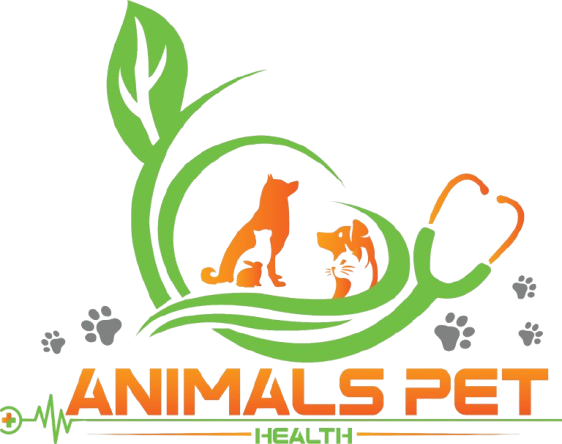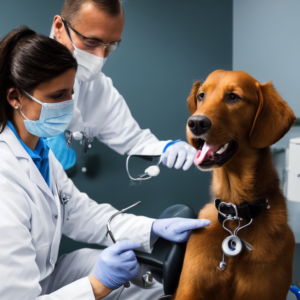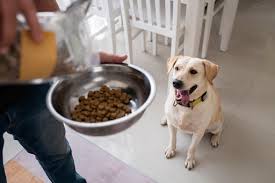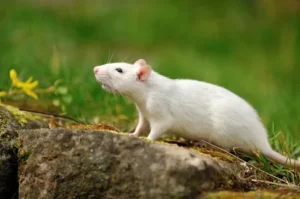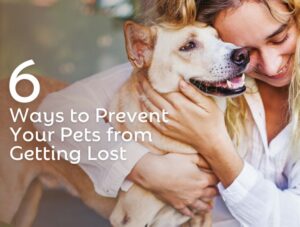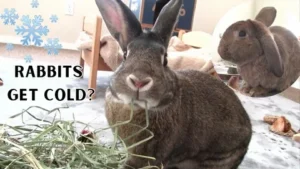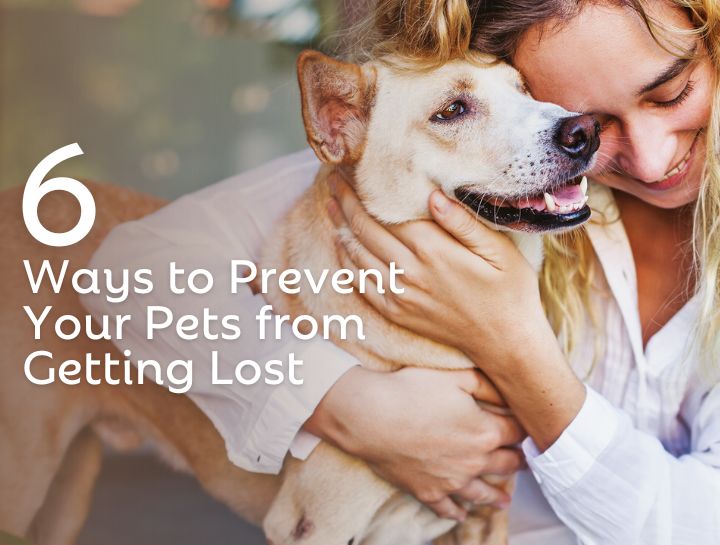Have you ever seen the list of ingredients on food of your dog? You may have read about such thing as xanthan gum.
Most commercial dog food uses this additive widely. But the name is a source of confusion and even concern to pet owners.
Is Xanthan Gum Bad For My Dog? In this article, we will discuss what xanthan gum is. We will also discuss why manufacturers add it to dog food.
And we will discuss whether it is harmful to your pet dog. To get more specific information about pet health, go to Animals Pet Health.
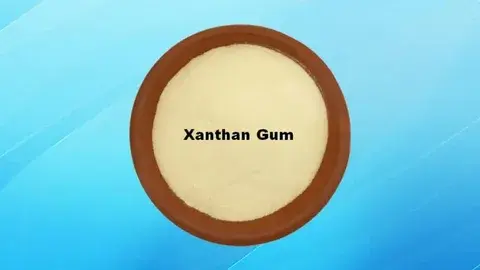
What is Xanthan Gum?
Xanthan gum is a natural compound. Sugar fermentation by bacteria called Xanthomonas campestris forms it as a by-product.
Xanthan gum also works in dog food, particularly in wet or canned food. It stops the separation of the ingredients. And it contributes to a homogenous, attractive texture of the food.
Why Do Dog Food Manufacturers Use Xanthan Gum?
Increased Texture: It holds the ingredients in place. And it does not allow kibble to get too crumbly. It provides a moist feel which dogs like in wet food.
Shelf Life Extension: Xanthan gum also makes the food storeable. It does not allow moisture to separate and spoil the texture.
More Appealing: Dog food is more palatable to both the pets and the owners. This happens when it appears smooth and homogenous instead of lumpy or watery.
Is Xanthan Gum Bad For My Dog?
No, xanthan gum is not bad in dogs. This is when they consume it in normal amounts that are present in dog food.
FDA has declared xanthan gum as generally recognized as safe (GRAS) for humans and pets. In dog food, it is in extremely small amounts. Just enough to perform its task without injury.
Potential Side Effects of Xanthan Gum in Dogs
Although xanthan gum is safe in the vast majority of dogs, there’s something to note. An extremely small proportion of pets can experience mild digestive sensitivities. Or they may be allergic to this additive or some other additives.
Xanthan Gum May Have Side Effects in Dogs.
- Gas/bloating: Minor gastrointestinal discomfort can be experienced by dogs.
- Diarrhea: In extreme cases, overconsumption may destabilize digestion.
- Skin irritation or itching: It is rare but may be allergic.
In case your dog exhibits any strange behavior following eating food with xanthan gum, it is prudent to do this. Stop feeding on the food item and see your veterinarian.
How to find Xanthan Gum in Dog Food?
Xanthan Gum in Dog Food is usually found at the bottom of the list of ingredients. Therefore, it is a minor ingredient.
You will often find it in dry kibble and canned dog food. Manufacturers frequently use it along with preservatives and other non-harmful ingredients. This is in order to make it taste, chew and maintain its shelf life.
Once you have decided not to use xanthan gum, you may find dog food that is organic, natural or free of any artificial additives.
Rather, you could also prepare homemade food to the dog yourself. Do this with the help of a veterinarian. This way you obtain total control over the used ingredients.
Natural Alternatives to Xanthan Gum in Dog Food
Xanthan gum is not present in all pet food. But some brands make use of other ingredients to produce the same effect. These are some of the usual natural substitutes:
- Guar gum: This is another thickener. Manufacturers extract it from guar beans.
- Agar-agar: A vegetarian form of gelatin. Manufacturers make it from seaweed.
- Flax or chia seeds: These are seeds which you can incorporate in the natural binding of homemade dog food recipes. They become gels when you soak them.
You may utilize these products as safe binders and thickeners. Use them in homemade food that you are preparing and serving to your dog. And you do not have to use other additives like xanthan gum.
Tips for Choosing the Best Dog Food
Due to the existing array of dog food varieties in the market we become confused. This happens when you decide on the appropriate food.
The following are some of the tips to make more effective decisions regarding the health of your dog:
- Check the labeling of ingredients: Find clear labeling and few additives.
- Make good choices in proteins: Protein is a valuable element of the diet of your dog.
- Get veterinarian advice: Your veterinarian can guide you on the type of food to feed your dog with.
The age of the dog, the breed of the dog, the activities and health intensity should be used in your choice. To get further advice on pet nutrition and health care, go to Animals Pet Health.
Conclusion
To conclude, you will find this answer: Is Xanthan Gum Bad For My Dog? The xanthan gum is an ingredient that is safe. And manufacturers commonly use it in the majority of commercial dog food.
They use it to maintain texture and shelf life. Normal amounts of eating are not generally harmful to dogs.
But there are always those people who are sensitive to eating. With the right dog food choice and by observing the response of your pets, you will be able to do this. You will keep your dog in a healthy and happy condition.
To get more qualified pet care tips and nutrition information, go to Animals Pet Health. You will find reliable information to make the best decisions concerning your furry family member.
FAQs
Is xanthan gum toxic to my dog?
No, a xanthan gum cannot poison dogs. And you can regard it as safe in low doses. Pet food usually uses these doses.
Is xanthan gum an allergen to dogs?
Allergies are uncommon but may occur. The side effects might be itching of the skin or diarrhea.
Whether this xanthan gum is an issue to my dog?
Include observation of diarrhea, vomiting and itching in your dog. happens after consuming food containing xanthan gum. Then you may want to use another product and meet with your vet.
Do we have other healthier types of dog food with xanthan gum?
Yes, additives such as xanthan gum will not be normally used in natural and organic dog foods. Homemade diets are also available. You can use natural binders like flax seed.
Is xanthan gum nutritious?
No, xanthan is merely an additive, a thickener and stabilizer. There is no nutritional value of it to the dog.
